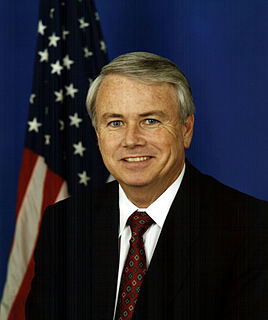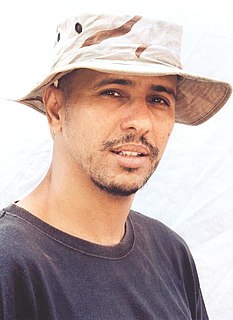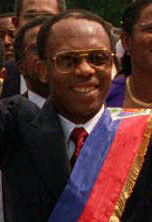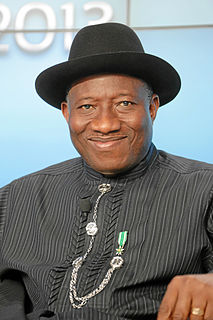A Quote by Toomas Hendrik Ilves
Democracies stand on several key pillars: Free and fair elections, human rights, the rule of law, and a free untrammeled media. Until 2016, an open media was seen as a resilient democratic pillar that supported the others.
Related Quotes
Good, healthy democratic societies are built on three pillars: there's peace and stability, economic development, and respect for rule of law and human rights. But often, we take stability - peace in terms of security and economic activity - to mean a country is doing well. We forget the third and important pillar of rule of law and respect for human rights, because no country can long remain prosperous without that third pillar.
Thinking about free speech brought me to media regulation, as Americans access so much of their political and cultural speech through mass media. That led me to work on the FCC's media ownership rules beginning in 2005 to fight media consolidation, working with those at Georgetown's IPR, Media Access Project, Free Press, and others.
I don't want to be treated outside the rule of law. And I don't want people from this part of the world, specifically North Africa and the Middle East, to be seen as underhumans, as people who are not deserving of human rights and being subjected to the rule of law, what I call open season. I don't want that anymore.
































